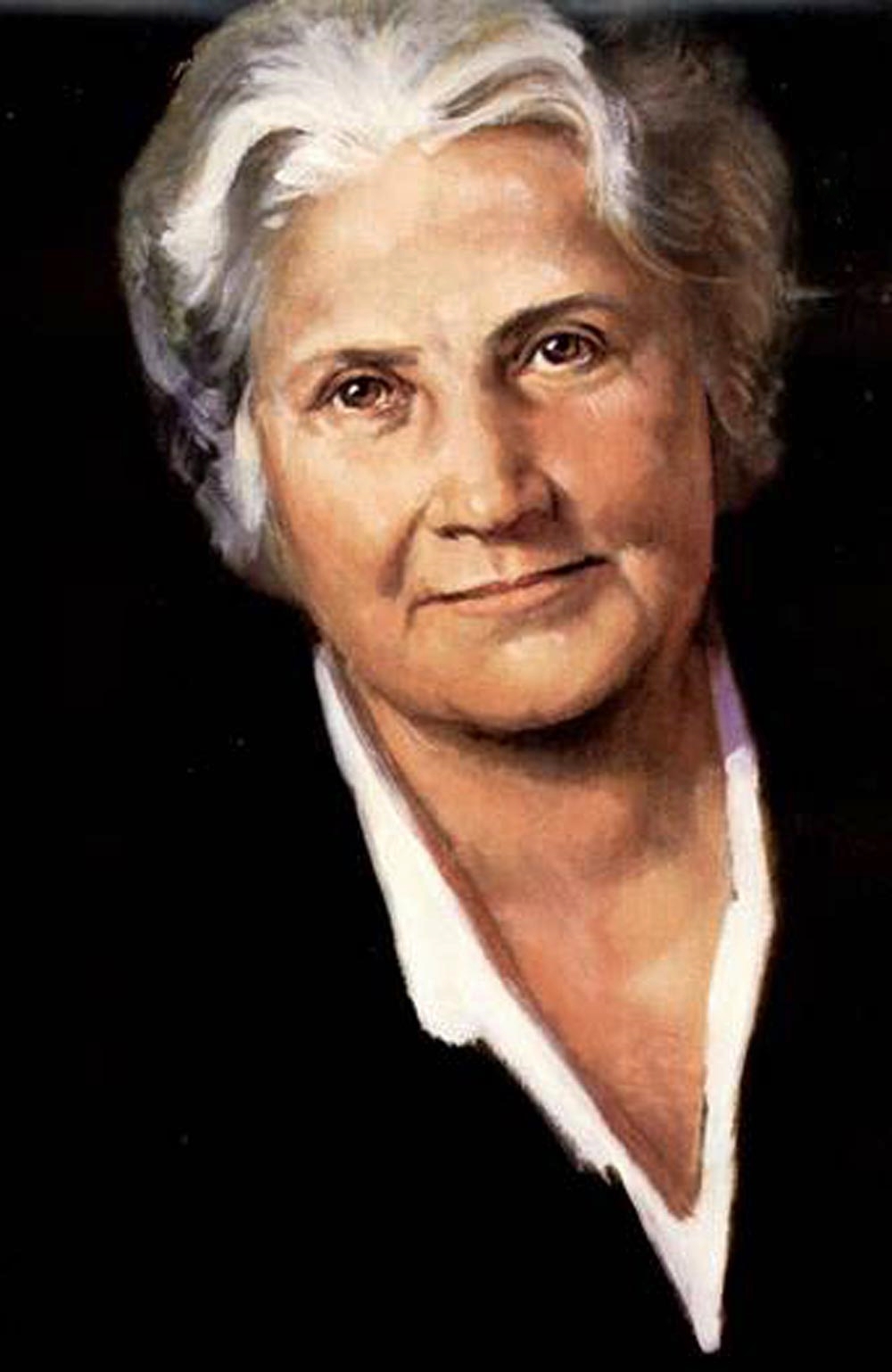by Richard Pimentel
It is commonplace to hear an appeal to individual rights in political discussions in the United States. Whether it is a veteran politician or average citizen, utilizing individual rights as a means to justify particular policies is frequent. This “rights talk” can be legitimate but often there is no explanation for the grounding of these individual rights. In other words, these individual rights are assumed to be legitimate by simply invoking it without any need to justify its legitimacy.
Besides the inalienable rights enumerated in the Declaration of Independence (i.e. the right to life, liberty, and the pursuit of happiness) and the expressed freedoms in the Bill of Rights, there are numerous other rights that, according to some, fall under the umbrella of the Declaration of Independence and the US Constitution. Some these include the right to universal health care, the right to marry, right to privacy, right to work, right to die, etc.
The right to universal health care is an excellent example of this trend because the debate on health care reform is at the forefront of US political activity today. Although there are various views regarding the reformation of the American health care system, the one view which is receiving the most attention and arousing the strongest emotions is government provided health care (a.k.a. the public option) with the goal of insuring every American. Many proponents of the public option claim that all people have the right to health care via some form of government action. Not all agree about the details by which to accomplish this but all agree that everyone should have health care provided to them. There is philosophical significance in this claim. Does this fundamental right to universal health care exist? What is the justification for this right?
According to the Stanford Encyclopedia of Philosophy, rights are defined as entitlements (not) to perform certain actions or be in certain states, or entitlements that others (not) perform certain actions or be in certain states. In political philosophy, applying this definition presents a challenge to those who wish to examine which rights should legally protected and which should not. There are two principal schools of thought regarding the justification of rights. One school argues that rights are status-based and this is derived from the idea of natural rights. This viewpoint states that rights are ascribed to individuals due to the fact that they are humans. Appropriate rights are ascribed to humans based on features that humans possess because of their nature. Much of the foundation of this view derives from Kantian thought in which humans are to be treated as ends rather than merely means. Status-based rights has great appeal because of its emphasis on individual dignity and its justification begins with the nature of the rights holder rather than the consequences of acting upon those rights.
An alternate view argues that instrumental rights are rights that are justified according to the desired outcome. In other words, if the desired result is to provide a job for everyone, then a policy (for example) based on this putative right that produces the most jobs for the most people is justified because of the consequence of the policy. Whereas a status-based justification begins with the rights holder and proceeds to the appropriate right, instrumental-based justification begins with the desired consequence and proceeds to the right which will support practice which produces a desired outcome.
Justification for the fundamental right to health care for all must be established by those who advance the argument that this is indeed a right. Too often, the cart is put before the horse when this right is assumed as if this right must be accepted with no questions asked. It is not easy to classify arguments for this right. Some argue that this right must be expressed via universal health care while others argue that this does not have to be the case. In addition, not all advocates of universal health care agree as to the means to achieve universal health care. The point is that people who invoke the right to health care belong to various political camps when it comes to legislation. The purpose here is not to argue against universal health care but to challenge the notion that the right to health care is in fact a right; such a claim is made without being challenged or examined.
Some advocates of the right to health care use the status-based approach for justification. They argue that the right to health care is warranted because the value and dignity of human life demands that all people should have equal access to proper and sufficient health care and that this right emanates from the inalienable rights listed in the Declaration of Independence.
However, it seems that the instrumental approach is more frequently utilized. It is more common to read and hear arguments (or, more commonly, allusions to arguments) that this right is justified because, if assumed, more people will have access to health care (a desired consequence). For instance, some advocates have appealed to the United Nations Declaration of Human Rights. Article 25, clause 1 of this Declaration states, “Everyone has the right to a standard of living adequate for the health and well-being of himself and of his family, including food, clothing, housing and medical care and necessary social services, and the right to security in the event of unemployment, sickness, disability, widowhood, old age or other lack of livelihood in circumstances beyond his control.” In another example, some appeal to the International Covenant of Economic, Cultural, and Social Rights adopted by the UN General Assembly in 1966 and signed by the United States (but not ratified) in 1979. Article 12 states the right to everyone “to the enjoyment of the highest available standard of physical and mental health. [To be implemented by] the creation of conditions which would assure to all, medical service and medical attention in the event of sickness.”
Other modern legal documents are used as justification for the desired results along with the argument that particular rights must evolve to include an ever progressing package of cultural, social, and economic rights. Nonetheless, it is important to examine the notion of the right to health care because it is the foundation upon which health care reform will be constructed. Equally important is the examination of the nature of rights and how this affects the legitimacy of the notion of the right to health care. This issue will be examined in the next installment. In the meantime, keep in mind that the answer to the question “Does everyone have a right to health care?” determines the direction of future legislation.
Not every good needs to be positioned as a right in order to establish that it is indeed a good. While using the language of rights provides a stronger emotional and psychological appeal, if every good becomes a right, true rights may become diluted and may make defining and then defending those rights untenable economically and politically.  The problem with the modern theory of rights is not that there are too few of them but that there are too many. Goods should be established in the public square by general consensus through individual acts of freedom. Rights should be defended by law. As the framers knew all too well, law should be established because of rights, not to define them.








/Mary-Wollstonecraft-x-162279570-56aa24f45f9b58b7d000fc2b.jpg)
